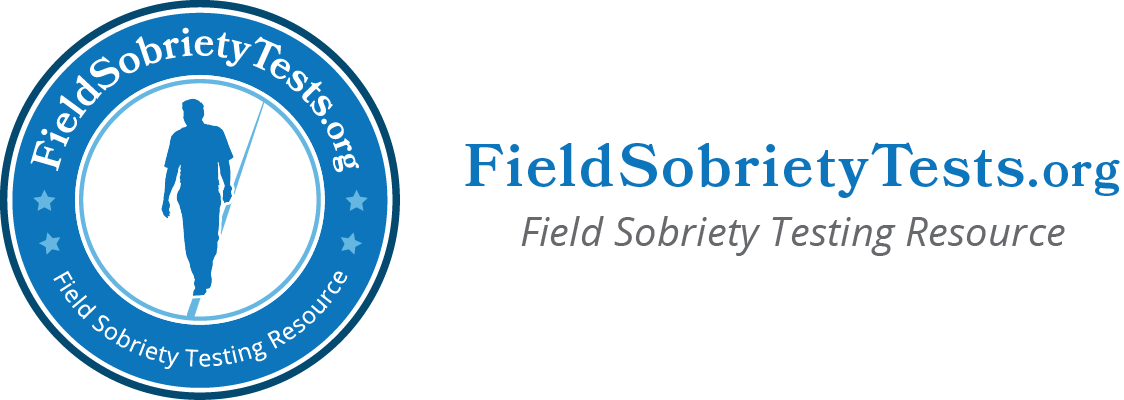Refusing the Field Sobriety Tests
Seeing those flashing lights behind your vehicle is an intimidating experience for most people—especially if you're the person being stopped. Your first instinct may be to do whatever the police officer asks you to do. However, you should keep in mind that you are not required to comply with all requests.
You Can Refuse the Field Sobriety Tests

The standardized field sobriety tests are comprised of the horizontal gaze nystagmus, one-leg stand and walk and turn. Even when administered together, they have only an 82% accuracy rate when it comes to determining if an individual's blood alcohol content (BAC) is .10% of greater.
In light of this statistic, it's in your best interest not to take the field sobriety tests. And—fortunately—these tests are entirely voluntary. While an officer may not let you know it's within your rights to refuse these tests, you cannot be punished for politely declining them. When asked, simply tell the officer "no, thank you."
So what is the benefit to you for not taking the tests? While the prosecution could bring up the fact that you refused the tests, and even cite it as proof of your guilt, refusing the field sobriety tests give the officer and prosecutor one less piece of evidence to use against you.
Breathalyzer Tests Are Different

A quick note: while refusing the field sobriety tests will not result in penalties, refusing the breathalyzer test could. Many states have Implied Consent laws that impose a harsh driver's license suspension on those who fail to comply with the officer's request to submit to a breath test.
